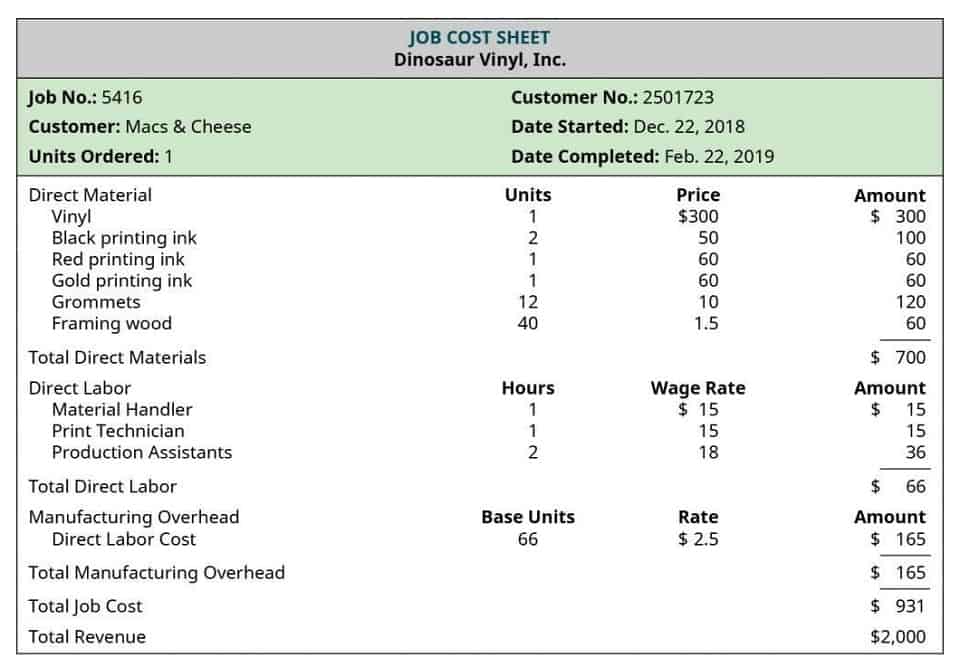
During this processing period, the check is considered an outstanding check. In essence, it is a payment that has been issued but has not yet been cleared by the bank. The payment goes on the general ledger, but businesses must make adjustments during reconciliation, and they may need to reissue stale checks.
- However, the receiving party may not present the check to the bank for payment on the same date.
- An outstanding check refers to a check that has not yet been deposited or cashed by the recipient.
- Bouncing an outstanding check can lead to financial consequences, such as fees imposed by the bank, damage to your credit rating, and potential legal actions from the payee.
- An outstanding check is a check that has been written and given to a recipient but has not yet been deposited or cashed.
Delayed action can result in the check becoming stale dated, usually after six months, depending upon the bank. It may be necessary to issue a new check without getting the old check back if the original check was outstanding check definition lost or destroyed. This presents a thorny situation—two checks might be circulating for a single payment. If the old check is deposited, your bank might honor it, and you could consequently end up paying double.
Strategies to Mitigate Impact
The value of the investment may fall as well as rise and investors may get back less than they invested. GOBankingRates’ editorial team is committed to bringing you unbiased reviews and information. We use data-driven methodologies to evaluate financial products and services – our reviews and ratings are not influenced by advertisers.
- If they can’t get to the bank, you may want to ask them to return the check to you and you can pay them using another method.
- Huntington is here to help you understand the differences between a checking and a savings account and how both could help you manage your finances.
- However, for certain types of accounts up to 18 months of account activity may be available by choosing the time frame you want and selecting Download.
- This could result in a “bounced check”, and you may be charged a “non-sufficient funds” (NSF) fee by your bank.
- Some businesses print “Void after 90 days” on their checks to encourage recipients to deposit checks more promptly.
- This presents a thorny situation—two checks might be circulating for a single payment.
If you write a check and the money never leaves your account, you may develop the false belief you can spend those funds, but the money still belongs to the payee. If the payee finally deposits the check after months of delay, you risk overdrawing your account and bouncing the check. Outstanding deposits refer to a deposit that has been made but has yet to clear in the recipient’s account.
Keep Records
When you receive a check and do not cash it right away, the check is outstanding. On a bank statement, an outstanding check means the check amount has been deducted from your account balance but the bank has not processed it yet. An outstanding check is a check that a payee has not deposited or cashed.

You may have had even cash in the account when you wrote the check, but a month later your account might be lower. It’s important to keep enough money in your account to cover all the outstanding checks at all times. If you forget about the outstanding check and spend money based on the present bank balance, it can lead to financial miscalculations. Meanwhile, you must keep enough money in your account to cover the check when it is finally deposited. Businesses must track outstanding items to avoid breaking unclaimed property laws.
Definition of Outstanding Check
This article answers every question you pay possibly have about what outstanding checks are, the definitions, bank reconciliation, how to calculate them, and examples. You can also use bank statement reconciliation to track your business’s progress. Using your outstanding deposits to balance the accounts, you can measure profitability and project cash flow.